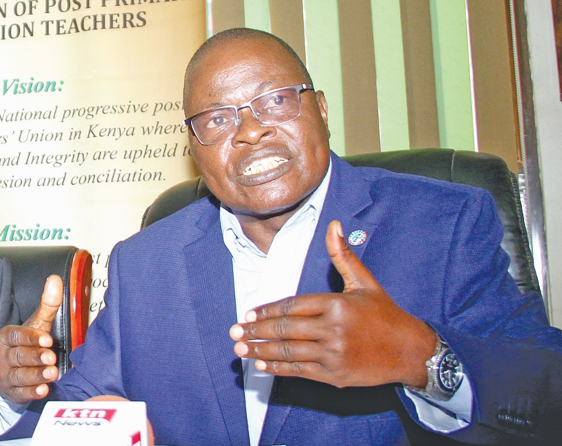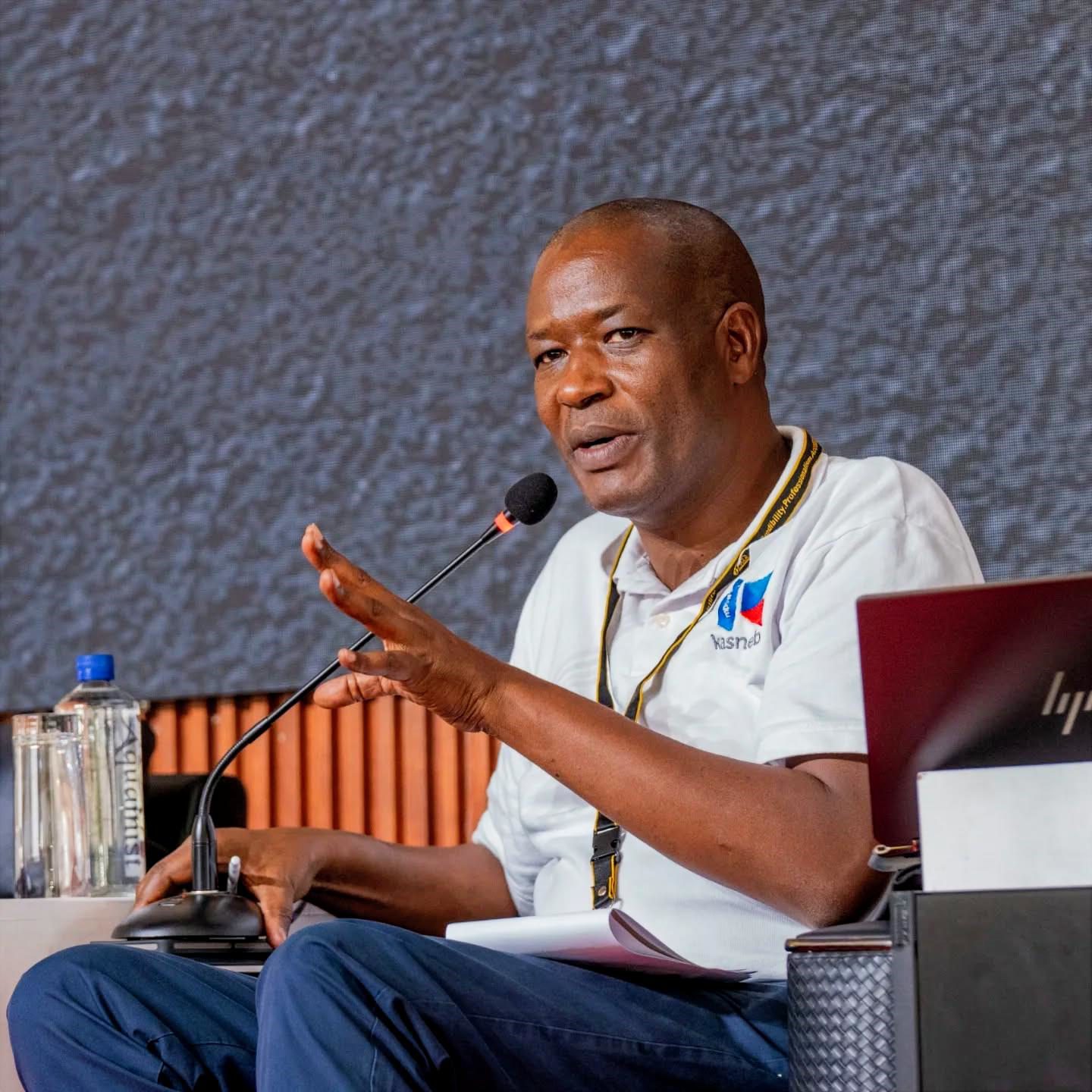Today as we stand on the cliff of change, we as the Kenya National Authority (KNQA) are honored to reflect upon a transformative Recognition of Prior Learning (RPL) journey spanning four years. A journey that has seen us evolve, adapt, and align our policies with the ever-changing landscape of education and workforce development.
Over the four years, we have witnessed a global transformation driven by rapid technological advancements, changing economic paradigms and the redefinition of the very nature of work itself and it has become clear that to stay relevant and competitive on the global stage, we must continually adapt and innovate.
In pursuit of developing a system of competence, lifelong learning and attainment of national qualifications; and in line with KNQA’s mandate of providing progression pathways, we undertook the task of realigning the RPL policy framework with the broader vision of the government and the current national priority – the Bottom-Up Economic Transformation Agenda (BETA) – a vision that champions inclusivity, empowerment and enhancement of our nation’s human capital.
The policy seeks to bring into the national database of qualifications, numerous skills, knowledge and competencies that are currently contributing to national development but have not been formally articulated, assessed and certified.
Many countries recognize the value of non-formal and informal learning and majority have established systems to acknowledge competencies gained through these modalities.
We are also cognizant of the global megatrends that are reshaping the workplace, industries and societies worldwide. Emerging issues such as artificial intelligence, automation, and sustainability (We are just from hosting the Africa Climate Summit where we had a rich dialogue on accelerating Sustainable Solutions for a Climate-Resilient Continent); digital transformation and micro-credentials are no longer mere buzzwords but the very pillars upon which the future is being built.
Our national policies such as this should not only keep pace with these trends but also serve as a catalyst for our nation’s progress by being responsive to the wider objectives of skills revolution, social inclusion, improved employability and decent living for all categories of the population.
I appreciate the support that we have received over the years since the idea of developing a national RPL Policy Framework was conceived. Many people and institutions have birthed what we are having today.
The Government though the Ministry of Education has considered RPL as a conduit towards achievement of the BETA. I appreciate the Education Cabinet Secretary Ezekiel Machogu and TVET PS Dr. Esther Muoria for their unwavering support to the process.
We have had partners who have walked with us relentlessly, and in a special way I would like to recognize the International Labour Organization for providing support both financial and technical; Mastercard Foundation; the International Rescue Committee; Colleges Institutes Canada – Humber College; Norquest and Red-River colleges in Canada.
Drafting of this policy brought together experts drawn from various agencies across various sectors. Just to mention that we have had the KNFJKA, FKE, Ministry of Labour, NITA, TVETA, Department of Refugee Services, TVET-CDACC, the Council of Governors and many others.
That team embarked on the indispensable task of ensuring that we have a policy that speaks to the national, continental and global agenda of developing human capital and giving opportunities to all. The team examined every facet of the policy documents, scrutinizing their relevance and appropriateness to our context.
Today, I am proud to announce that after rigorous research, consultations and painstaking deliberations, we have reached a pivotal milestone—validation of the revised Policy Framework, implementation guidelines and the DUC for RPL. This validation is not just a symbolic achievement; it is a testament to our commitment to excellence and our unwavering dedication to the betterment of our society.
This revised framework is an assurance to our citizens that their skills and experiences matter, and that learning is a lifelong journey that respects their unique pathways. It is a promise to our nation that we are aligning ourselves with the winds of change, embracing innovation and fostering an environment where every citizen can thrive.
As we move forward, we must remember that policies alone are words on paper. The true measure of success lies in the implementation of these policies—the collective action of every stakeholder to ensure that they are not just theoretical ideals but practical realities that transform lives. We are soon going to roll out the implementation phases and this will be a huge achievement to all of us – The Kenya Kwanza Government; Ministry of Education, Ministry of Labour, employers, our partner institutions and most importantly, the citizens of Kenya who will be the greatest beneficiaries.
Together, we have embarked on a journey that will reshape education, empower individuals, and uplift our nation.
By Alice Kande
The writer is the acting Director General of the Kenya National Qualifications Authority (KNQA).
Get more stories from our website: Education News
To write to us or offer feedback, you can reach us at: editor@educationnews.co.ke
You can also follow our social media pages on Twitter: Education News KE and Facebook: Education News Newspaper for timely updates.






